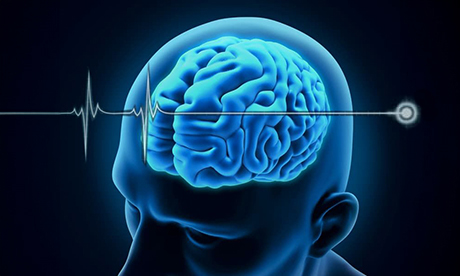Catholic bioethicists are raising concerns over the absence of a unified understanding of brain death. They say the impact on organ donation is profound.
The National Catholic Bioethics Center (NCBC) issued a statement on April 11 titled “Integrity in the Determination of Brain Death: Recent Challenges and Next Steps”.
The NCBC highlighted a breakdown in public consensus on death and organ donation. They attribute it to unresolved disputes regarding the determination of brain death.
Catholic teaching supports organ donation. Pope St John Paul II called it “a particularly praiseworthy example” of “everyday heroism”, so long as the donation is made with free and informed consent and the donor is truly dead.
The act of removing the organs must not kill the donor.
However, recent attempts to redefine death pose ethical dilemmas. Proposed revisions to the Uniform Determination of Death Act (UDDA) and updated guidelines from medical organisations have sparked controversy.
The UDDA states that a person can be declared dead following the “irreversible” shutdown of circulatory and respiratory functions, or of “all functions of the entire brain, including the brain stem”.
The act states that medical professionals must determine death “in accordance with accepted medical standards”.
Various groups opposed the proposed changes to the UDDA, prompting a temporary halt in September 2023. These changes aimed to modify criteria for determining death.
Erroneous declarations of death
Additionally, revised guidelines published in October 2023 by medical associations – such as the American Academy of Neurology – now permit clinicians to declare brain death despite evidence of neuroendocrine function.
Critics argue that such changes deviate from the traditional understanding of death, which is seen as the irreversible cessation of all brain functions.
“The law pretty much says that … brain death involves all irreversible cessation of all functions of the entire brain” says John Brehany, the NCBC’s executive vice president.
“And yet the guidelines of the most influential organisation (the AAN) were not testing for all functions … of the entire brain. We think that’s very problematic.”
Moreover, the NCBC voiced reservations about potential revisions to the UDDA that would shift from a standard of whole-brain death to partial-brain death, resulting in potentially erroneous declarations of death.
Experts warn that ambiguity in determining death could negatively impact both organ donors and the thousands of individuals awaiting transplants.
In response to these concerns, the NCBC urges Catholics to clarify and promote a concept of death consistent with Catholic teachings and rigorous clinical testing. They emphasise the importance of reinforcing ethical standards and educating stakeholders about the complexities of organ donation and the determination of death.
The NCBC asserts that addressing these issues will require concerted efforts from individuals and institutions with expertise in bioethics and medical practice.
Sources
Additional reading
News category: World.




